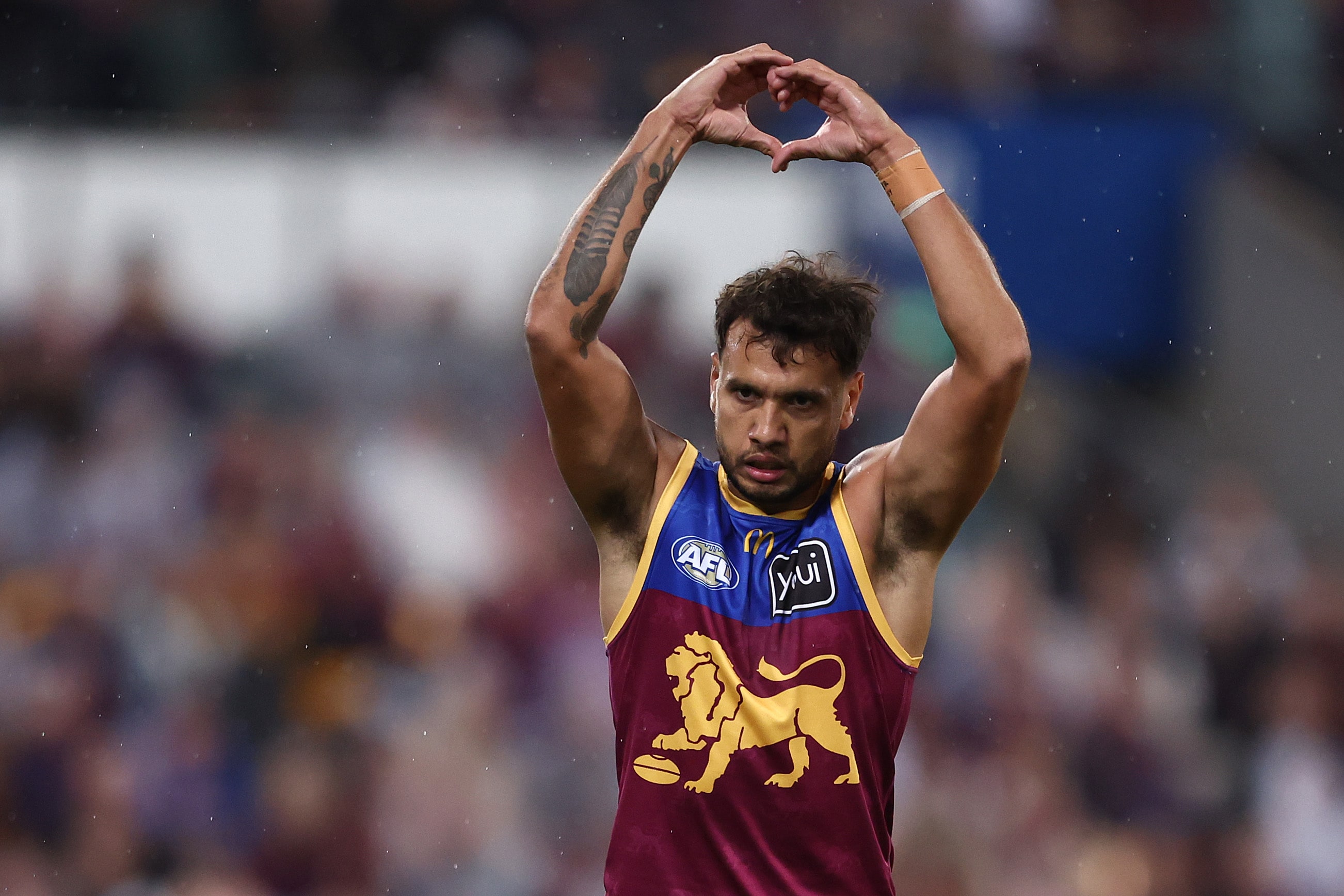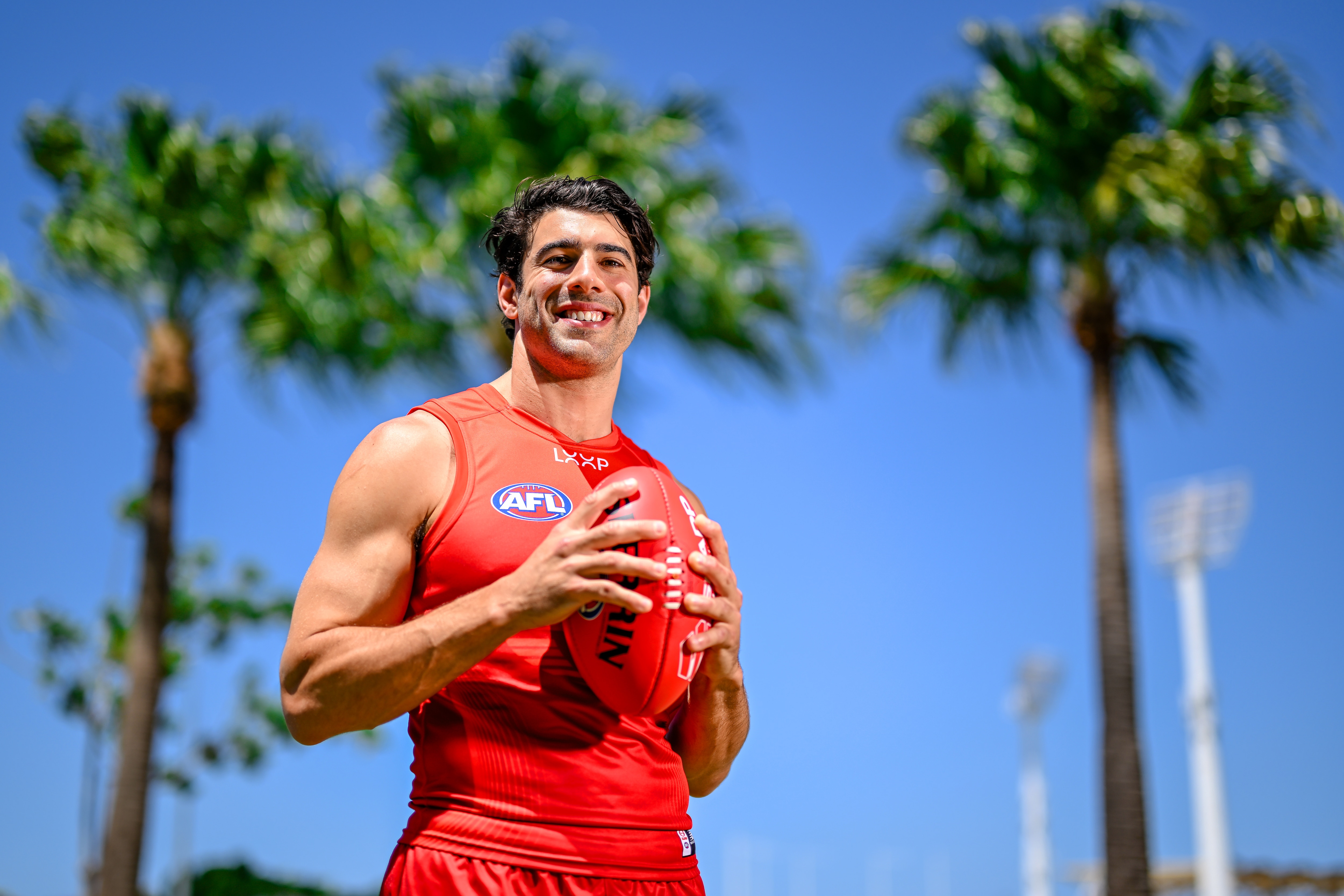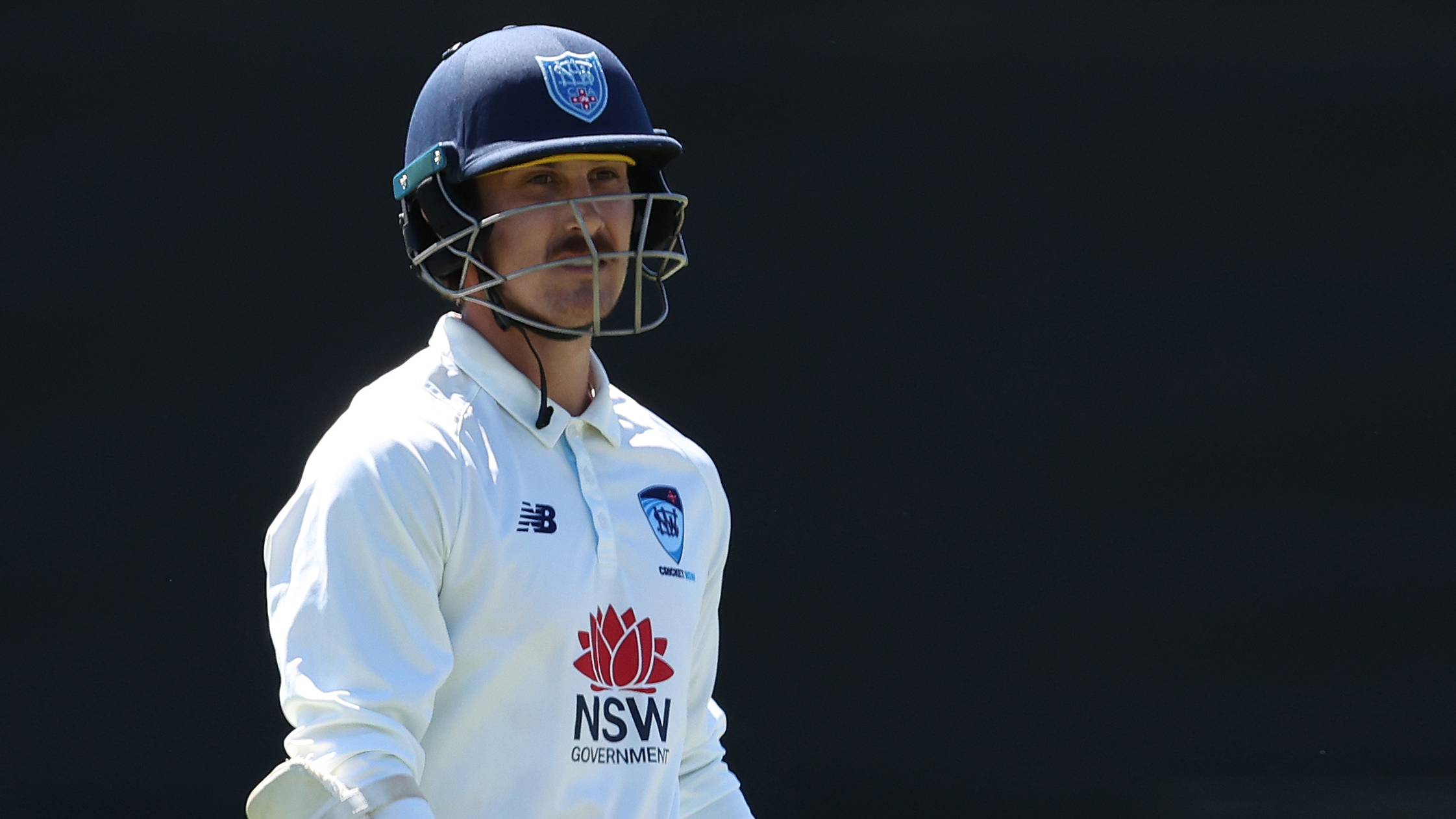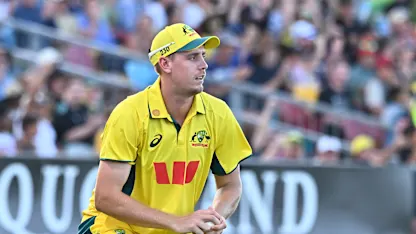'Did racism stop my dad becoming Football League's first black referee?'
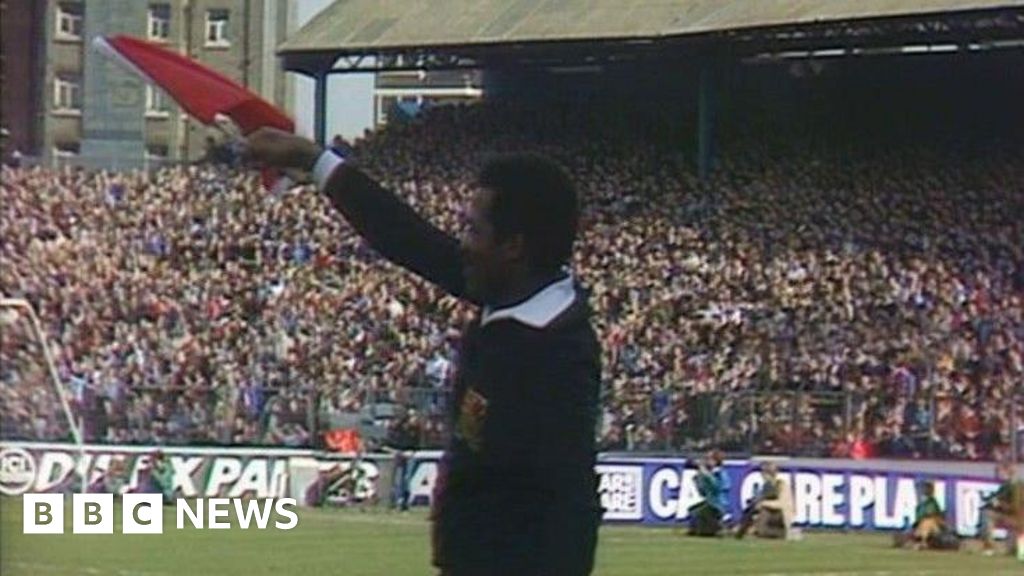
21 minutes agoChris SleggLondonRacist attitudes in the 1970s and '80s may have denied a trailblazer from north London the opportunity to be the Football League's first black referee.Emerson Griffith's appointment to the league's list of linesmen ahead of the 1979-80 season is thought to have made him the first match official from an African and Caribbean background to reach that level.But while he regularly ran the line, he never got the chance to be the man in the middle for a Football League match.His stepson, Andy Griffith, said his father felt that he would have "got more opportunities to officiate at a higher level if it wasn't for racism and he found that very difficult to deal with, especially after he retired".Andy says when he was a teenager, he used to go to the matches his father was officiating and hear the taunts directed at him."Being the white son of a black father, I would be sat in the stands and be somewhat invisible to others."I would sometimes hear racial slurs being hurled at him; 'black this' and 'black that'.""Being a linesman, you are exposed to that abuse more than anyone else involved in the match," he says."You are on the touchline with your back to the crowd. You can't see the people behind you; they are within touching distance sometimes."It's a scary situation to be in if the crowd is against you. I really don't know how he put up with it."It wasn't just fans on the terraces displaying racist attitudes."I would often be sat in, or close to, the directors' box. I'm white, so people had no idea Emerson was my dad. I'd often hear racist remarks from directors or chairmen around me."At the end of the match they would then be putting their arm round my dad, laughing and joking with him and thanking him."Emerson arrived in London in 1961 when his family emigrated from Barbados.Having first settled in Palmers Green, the family moved to Edmonton.He started refereeing at non-League level in 1970 but rose through the ranks until being promoted to the Football League as a linesman, today known as an assistant referee.In an era well before the professionalisation of match officials, he combined his match-day duties with a full-time job as a Post Office manager in Old Street.Career highlights include being fourth official at Wembley for the 1984 Charity Shield between Everton and Liverpool, and running the line in a European Cup-Winners' tie between Real Zaragoza and Roma in October 1986.Emerson was himself twice the subject of angry behaviour from players that led to disciplinary action.In Watford's 5-3 win over Notts County in the old Division One in March 1983, Hornets striker John Chiedozie was sent off for foul and abusive language.While what Chiedozie said was never confirmed, Notts County manager Howard Wilkinson alleged in a post-match interview that he believed the Nigerian international – who is himself black – had insulted Emerson with a remark that made reference to his colour.Just over a year earlier, Leyton Orient's Tommy Taylor was stripped of the O's captaincy by manager Ken Knighton after throwing the ball towards Emerson in an FA Cup fifth round replay against Crystal Palace.Taylor said after the game: "It had nothing to do with his colour. I often have banter with linesmen and this was no different. I'd have thrown the ball even if the bloke had been white."Reflecting on what his stepdad had to put up with, Andy says: "Match officials in football, whatever their colour, were treated awfully and still are today, especially compared to sports like rugby league and rugby union where they are given far greater respect."But when you add the racist attitudes of the time into it, it's completely unacceptable."'Expect verbals'Emerson made it on to the Football League list at the same time as Alf Buksh, a fellow Londoner of Fijian heritage.In a Daily Express article about the pair at the time, Emerson said of the abuse he received: "Most of it is good natured. A little is malicious but I don't let it bother me."Don't forget every linesman, white or black, can expect to get the verbals from the crowd, particularly when he gives an offside decision the wrong way."Andy suspects his dad felt obliged to play down the issue of racism."He drew great inspiration from black players of the era," says Andy."Players like Cyrille Regis and Laurie Cunningham were stoic in the face of the abuse they received, and dad felt he needed to behave the same way."In the same article, Emerson spoke of his hopes of being appointed as a Football League referee.But that ambition was never realised - something which caused him great upset later in life, Andy says."He felt he was good enough and that he was overlooked for people who weren't as good," he says."We'll never know how much of that was real or how much of it was perceived, but when you look at how under-represented officials of colour remain even today, it does make you wonder."It was a great sadness to him that he never became the first black referee."That landmark moment didn't come until the late 90s when Uriah Rennie, who was born in Jamaica, oversaw the match between Derby County and Wimbledon in 1997.After he retired in 2008, it was 15 years before another black referee took charge of a Premier League game when Sam Allison oversaw Sheffield United versus Luton Town in December 2023.While there has been a significant increase in recent years, just 7% of officials in England's professional game are of black, Asian or mixed heritage background.In 2019 and by then in his 70s, Emerson died from kidney cancer.In his final years he experienced struggles with gambling, drinking and mental health. These issues may in part have been exacerbated by the stress caused by the racism he faced, believes Andy.Emerson may not have fulfilled his ambition but his role in the modern game is recognised.His story is being told as part of Black In The Game: The Black Influence on English Football, an exhibition at the National Football Museum in Manchester which will run until mid-March 2026.Listen to the best of BBC Radio London on Sounds and follow BBC London on Facebook, X and Instagram. Send your story ideas to hello.bbclondon@bbc.co.uk



